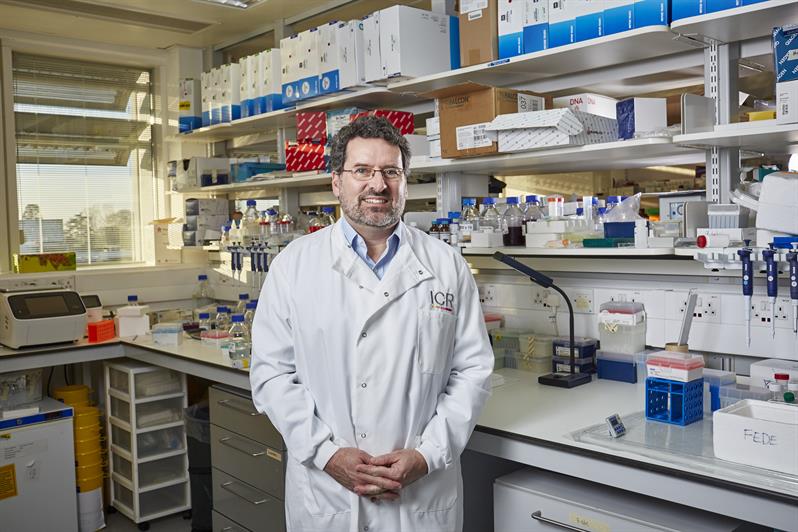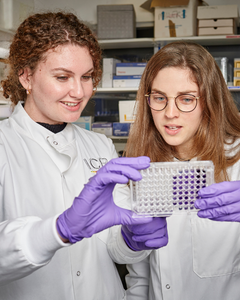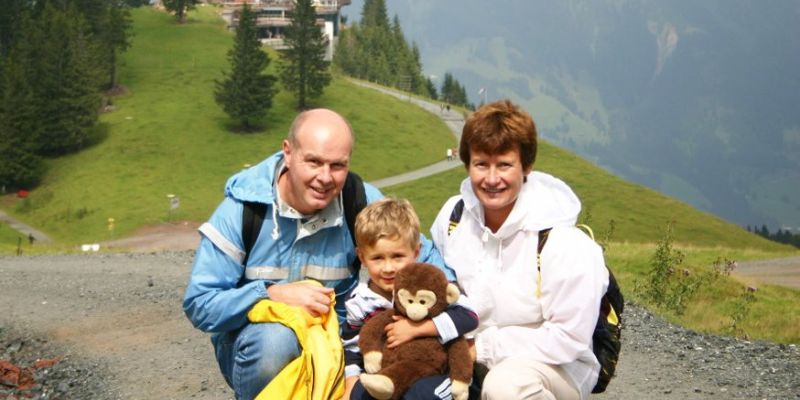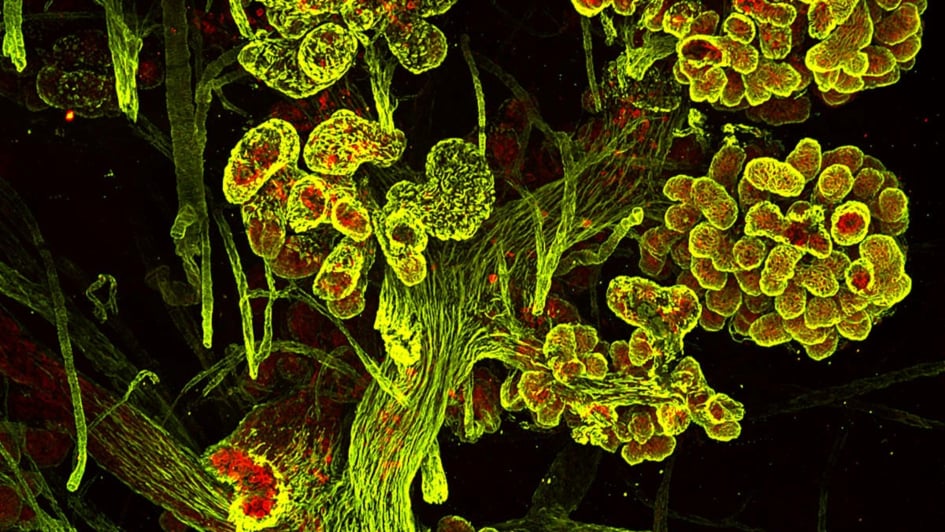Make a monthly gift to help us bring hope to cancer patients
We are committed to improving the lives of cancer patients and our discoveries are transforming how cancer is treated. Yet these discoveries take time and are only possible with continued support from you. Set up a regular donation today and help us bring hope to people with cancer.

Professor Louis Chesler and his team have made the huge strides over the past decade in improving treatment options for children with cancer - progress made possible because of long-term investment in this area of research, including from supporters like you.
Advancing treatment options for children
Professor Louis Chesler, Head of our Centre for Paediatric Experimental Medicine, is leading his team to bring academic discoveries forward to change clinical practice as quickly as possible and advance treatment options available for children.
Professor Chelser leads an ambitious precision medicine programme to match each child diagnosed with cancer in the UK to the latest targeted drugs – guided by a gene test panel developed by his team and launched in 2016. The panel is now used at children’s cancer centres around the UK and enables clinicians to precisely match the child’s cancer to the latest targeted treatments available.
Important steps towards kinder treatments
More recently, the team have started to test for cancer gene mutations in DNA released from tumours into a child’s bloodstream – known as a liquid biopsy. The use of liquid biopsies is still at an early stage, but it is likely to develop very rapidly over the next few years as a quick and cost-effective way of obtaining real-time information about a tumour.
New drug offering hope
There are still too few novel targeted treatments available for children with solid tumours – but this could be about to change. Fadraciclib, a new drug that we discovered, has already shown promise in treating a range of adult cancer types, including leukaemia. Early lab tests have shown that fadraciclib is highly effective in arresting cancer cell growth in neuroblastoma, a particularly aggressive form of childhood cancer.


In Christopher's memory
Kevin and Karen Capel have fundraised and campaigned tirelessly to improve the treatment for children with cancer after their son Christopher died from a type of brain tumour called medulloblastoma in 2008, just nine days before his sixth birthday.
"Research is key to getting new and better treatments. When our son was diagnosed, there was no biological information available to doctors about individual children’s tumours. Our funding contributions have helped change that. This demonstrates the importance of long-term funding in making the discoveries that defeat cancer." Kevin and Karen Capel
How your regular gift sustains our research
Childhood cancer is just one area of our research where we have made significant developments over time. Thanks to sustained support from our donors we are speeding up the rate of progress.
A regular gift from you will help our researchers to make more discoveries like these and give more cancer patients a better chance of living well with cancer.

-16x9.tmb-hbmobile.jpg?Culture=en&sfvrsn=fe91e6e9_1)